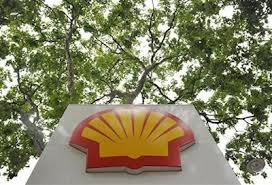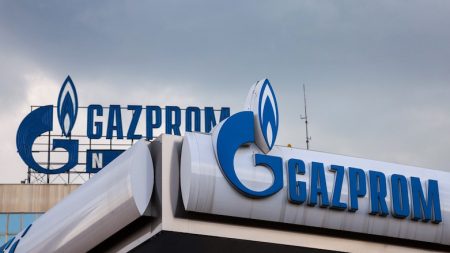 17 April 2013 – Shell is looking to further expand its position in the global gas business and is currently considering investment options totaling more than 20 million tonnes per year (mtpa) of LNG projects worldwide.
17 April 2013 – Shell is looking to further expand its position in the global gas business and is currently considering investment options totaling more than 20 million tonnes per year (mtpa) of LNG projects worldwide.
The Anglo-Dutch supermajor is doubling down on the global gas trade, which already brings in more than $9 billion per year – about 40% of the company’s bottom line – through investment in LNG and gas-to-liquid facilities globally.
Shell has already struck a deal to buy Repsol’s LNG assets in Peru and Trinidad & Tobago for $4.4 billion, plugging a gap in the company’s LNG portfolio by giving it access to gas supply in the western Atlantic and eastern Pacific area, said Maartin Wetselaar, executive vice president of integrated gas.
Shell sees gas as the only power source that combines what its executives dubbed “the three A’s” – availability, affordability and acceptability, Andy Brown, upstream international director, said at the LNG 17 conference in Houston on Tuesday.
Gas will play an increasing role in both the global energy business and Shell’s portfolio into the future, he added.
The company has pioneered the use of floating LNG at its Prelude project, a concept that was considered incredibly expensive and technically challenging when it was first announced but something that is now a cornerstone of Shell’s LNG strategy moving forward.
Shell and its partners are looking at FLNG facilities for the Inpex-operated Abadi project off Indonesia and believe it is the best option to re-start the stalled Browse LNG project off Australia.
FLNG is also the base development concept for the Sunrise project on the maritime border of Timor Leste and Australia.
While the emergence of shale gas production in the US has upended the global LNG market, Shell ultimately sees shale gas as helping – not hindering – the global LNG trade.
“We believe it reinforces (LNG),” Brown said. “Because of the abundance of gas, gas can now be planned on as a long-term (energy) solution.”
Part of that long-term solution will involve getting more natural gas into the transportation sector.
“We are extremely excited about LNG in transport,” Brown said.
Shell has already begun work in Canada to make LNG available in trucking corridors and on Monday announced a partnership to do the same in the US.
In Europe, the company is supplying LNG to vessels both on the ocean and on inland waterways.
Shell estimates that the equivalent energy of about 1 billion tpa of LNG is used in the heavy truck and marine transport sector by 2025 and if just 10% of that were converted to actual LNG fueling, the market impact would be enormous, Brown said.
*Noah Brenner, Upstreamonline



